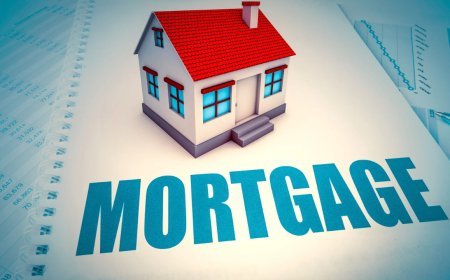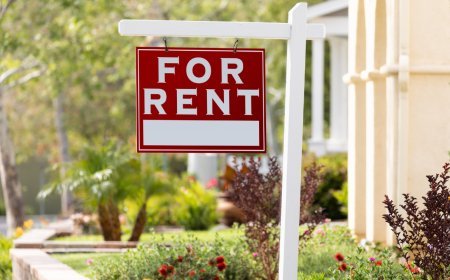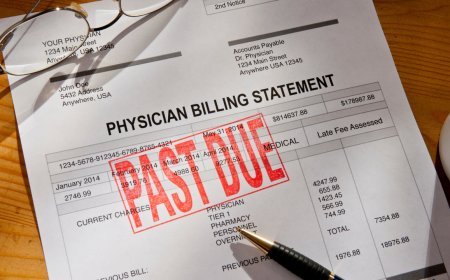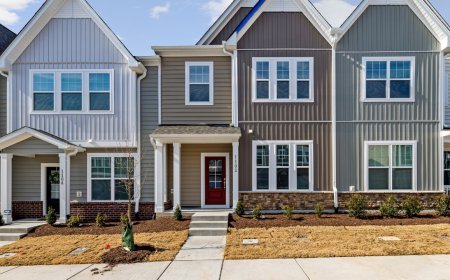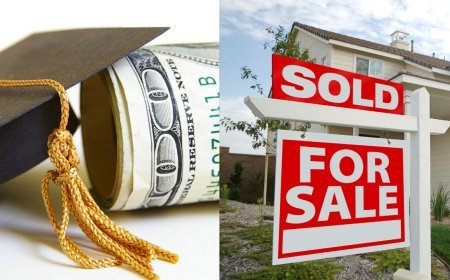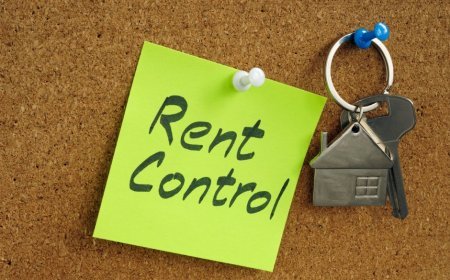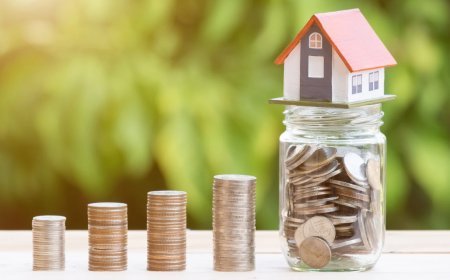Property Taxes Are Climbing: What It Means for Middle-Class Homeowners in 10 States

Congratulations! Your home value increased 30% in the last three years. Now here's the bad news: your property taxes probably increased 30% too, turning your wealth gain into a monthly budget crisis. Welcome to the homeownership trap of 2025.
The Assessment Shock States
Ten states are seeing particularly brutal property tax increases as assessments catch up to market values: Texas, Florida, California, New York, Illinois, New Jersey, Pennsylvania, Ohio, Georgia, and North Carolina. Texas leads with some homeowners seeing 40-60% tax increases in a single year.
A Dallas home that was worth $200,000 in 2020 might be assessed at $320,000 today. Even with the same tax rate, that's an extra $2,400 per year in taxes - $200 more per month.
The Wealth Trap Illusion
Your home might be "worth" $100,000 more than you paid, but you can't eat home equity. Meanwhile, you need an extra $300/month for property taxes, plus higher insurance costs, plus inflated repair and maintenance costs.
You're "wealthier" on paper but poorer in cash flow. Selling means buying another overpriced home elsewhere (and paying massive transaction costs), so you're stuck paying higher taxes on wealth you can't access.
The Fixed-Income Disaster
Retirees get hit hardest. Their home values rise with inflation, but their incomes don't. A retired couple living on $3,000/month Social Security might see property taxes rise from $400 to $650 monthly - a devastating blow to a fixed budget.
Many states offer senior tax freezes or deferrals, but the programs often have low income limits or other restrictions that exclude middle-class retirees who aren't poor but can't afford tax increases either.
The Landlord Tax Pass-Through
Property tax increases hit renters too, just less obviously. When a landlord's taxes rise $300/month, guess what happens to rent? The increases might be delayed by lease terms, but they're coming.
In rent-controlled areas, property tax increases are often among the few legal reasons landlords can raise rent above the controlled rate. The "tenant protection" becomes meaningless when taxes override the controls.
How to Fight Back
1. Challenge Your Assessment: About 60% of properties are over-assessed. Get a professional appraisal ($400-$600) and file an appeal if your assessment exceeds market value. Success rates vary but can save thousands annually.
2. Know Your Exemptions: Most states offer homestead exemptions that reduce assessed value by $10,000-$50,000. Many homeowners never apply. Also check for disability, veteran, or senior exemptions you might qualify for.
3. Understand Tax Rate vs. Assessment: Politicians love to say they "didn't raise tax rates" while assessments soar. Your bill is rate × assessment. Hold them accountable for the total bill, not just the rate.
4. Plan for the Future: Property taxes trend upward over time. When budgeting for homeownership, assume taxes will rise 3-5% annually, even if home values stabilize.
The Political Reality
Local governments depend on property taxes for schools, police, fire, and infrastructure. They need revenue to function, and property taxes are their most reliable source. When they say "our hands are tied," they often mean "we need the money and this is how we get it."
The solution isn't just individual appeals - it's demanding local governments find more efficient ways to deliver services or diversify revenue beyond just soaking homeowners.
What's Your Reaction?
 Like
0
Like
0
 Dislike
0
Dislike
0
 Love
0
Love
0
 Funny
0
Funny
0
 Angry
0
Angry
0
 Sad
0
Sad
0
 Wow
0
Wow
0

